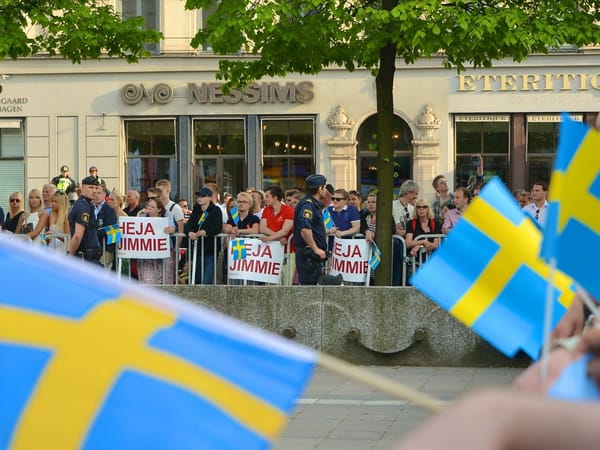Not long ago, headlines across the Western media proclaimed a stunning victory by the “far-right” Sweden Democrats, or SD, in the largest Scandinavian nation. After broadcasting dire prognoses of imminent fascist takeover, media coverage quickly moved on to other arenas where the same basic narrative of a surging far right could be invoked once again, such as subsequent elections in Italy and Brazil.
In the meantime, Sweden’s right-of-center parties put together a new government that left SD, the party everyone hailed as the victors of the election, in an awkward limbo. In fact, every party but Sweden Democrats will be represented in the coalition government they are ostensibly part of, making this a very strange “win” for them. This surprising outcome is just the latest indication of the contradictions besetting the project of right-populism more generally.
The Sweden Democrats framed the 2022 election as a course correction for the culture and the nation. To a degree, they may have been right—but it isn’t clear this will redound to their political benefit. Asked about the immigration restrictions proposed by the new conservative coalition, Magdalena Andersson, the outgoing prime minister and leader of the center-left Social Democrats, not only refused to denounce them, but claimed that they were her ideas to begin with. Once the enemy refuses to engage with you in a struggle over values, the culture war can very quickly stop being a source of political strength.
The willingness of centrist politicians to co-opt right-wing positions on immigration is problematic for the right in general and the Sweden Democrats in particular, because the country’s economic and social situation looks too bleak to grant them a political advantage on any other front.
